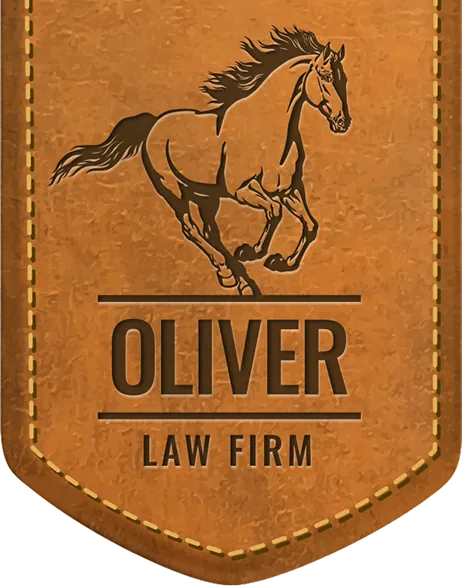This is the final blog in the 3-part series on What Happens in a Deposition? The first two were about the witness and the witness’s lawyer. As a catastrophic injury lawyer, I’m much more familiar with this role of asking questions than I am with the role of being the witness’s lawyer. When a person is involved with a car wreck or truck wreck or medical mistake and they call me, one of my primary jobs is to investigate the case and find the truth. Depositions are one of the primary ways that we do that. Many times we’ll take 30+ depositions in a larger semi-truck wreck case and usually only defend around 5-10.
When I’m taking a deposition, the bulk of the work happens in the weeks before. As the lawyer asking questions it’s important to know what the truth is and then be able to ask the right questions to allow that truth to come out. Usually we have very short and simple questions so that there is no confusion in the record about what was asked. Getting the questions down to this short and simple form is the hardest part. We will write the questions, read them, rewrite them, talk about them with focus groups, rewrite them again, practice the questions with each other or with family members, rewrite them again, and just continue this cycle until we have developed the best possible questions to bring out the truth in the case.
Once the questions are determined, they are put in the order that makes the most sense for the deposition and turned into an “outline.” While most lawyers will have an “outline” that equals a list of topics with maybe one or two questions under each topic, our “outline” is every single question we plan to ask typed out word-for-word. Obviously, this is a time-consuming process. But, when the heat is on in a deposition, it is much better to have these questions than it would be to worry about whether we were going to remember to ask everything.
When the day of the deposition finally rolls around, most of the work is done. At that point we just go in and ask the questions that we’ve been working on for weeks. There will inevitably be some confusion that arises with the witness and we may have to alter the wording of a question on the fly, but that’s not nearly as difficult as the preparation we’ve already done.
What a deposition looks like for the lawyer asking questions can vary widely depending on how that lawyer practices. But, at Oliver Law Firm, actually getting to the deposition and asking questions is a culmination of weeks’ worth of work that feels more like relief than a burden.
________
Oliver Law Firm, 3606 W. Southern Hills Blvd., Ste. 200, Rogers, AR 72758. We are conveniently located just off I-49 at exit 81 (Pleasant Grove Road) in Rogers, Arkansas. W
a Free Consultation



